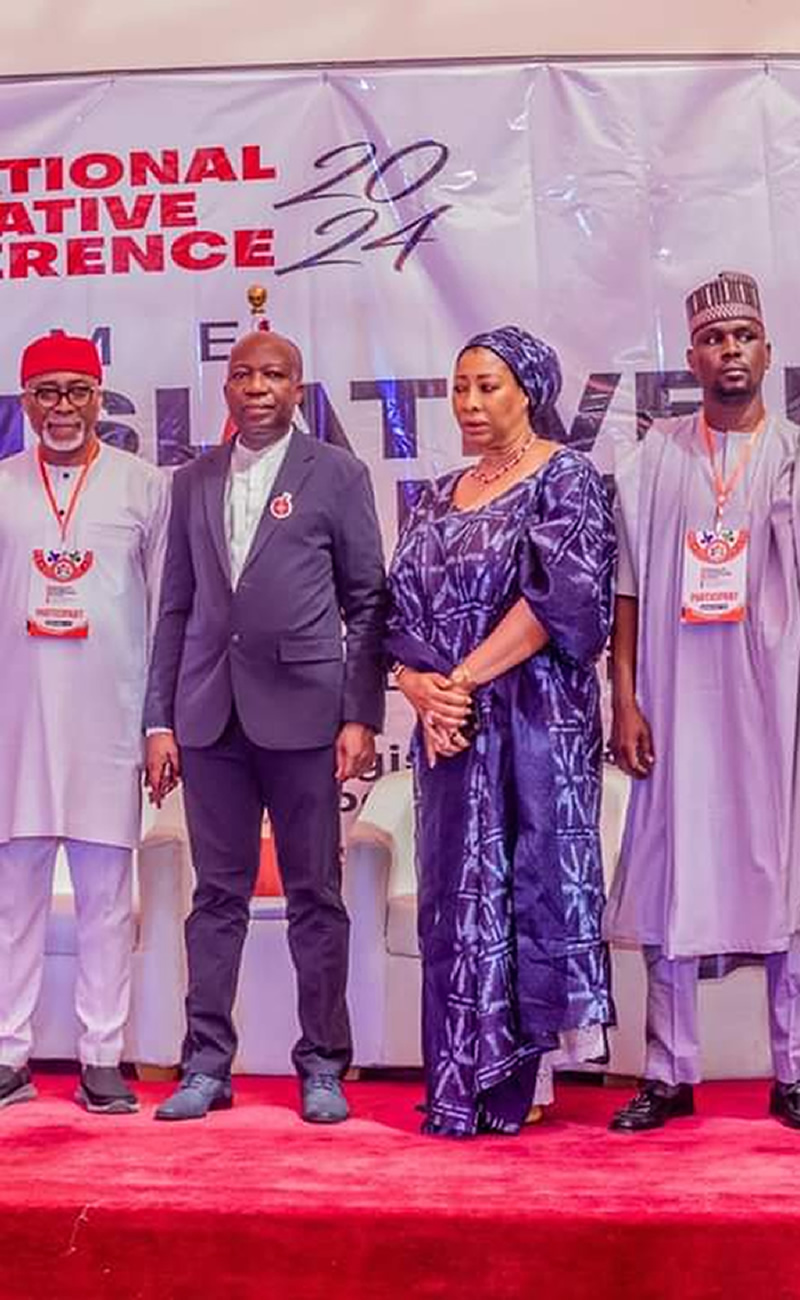Attempts to regulate free speech online were stoutly resisted in the previous assembly but an executive bill in the House of Representatives surreptitiously reintroduces the ‘social media bill’

You might be wondering “Social media regulation, again? I thought we were past that?”
Well, Nigeria is revisiting the controversial topic of social media regulation, as the National Assembly has received the ‘National Broadcasting Commission (Repeal and Enactment) Bill, 2023’ from the National Broadcasting Commission (NBC), which includes provisions to regulate social media in Nigeria.
Recall that in 2019, a bill to regulate social media shook the internet, sparking controversies and concerns. The ‘Protection from Internet Falsehood and Manipulation and for Other Related Matters Bill, 2019’ was intended to address fake news, curb the spread of false news and control content for minors. If the social media bill had become law, it would have imposed various penalties, including a fine of up to ₦300,000 or three years of imprisonment for individuals and up to ₦10 million for corporate organisations.
However, the 2019 bill faced strong opposition from Nigerians, including civil society organisations and human rights activists, leading to its ultimate failure.
After its epic fail, many believed that would be the last they would hear of the social media bill in Nigeria. However, as stated earlier, there’s a new bill: the “National Broadcasting Commission (Repeal and Enactment) Bill, 2023.” While this bill largely focuses on regulating broadcasting networks and companies, somewhere in there, the regulation of social media crawled in as part of the functions of the commission. Section 4 (E) of the bill seeks to make rules for over the top services and online media platforms in partnership with the social media companies like Facebook, Twitter, YouTube, TikTok and other online platforms.
The National Broadcasting Commission (NBC) reportedly stated that social media has been the issue of the country for a long time and if the act is renewed, it’ll allow it to oversee and control social media related matters.
Although specific details on the regulation were not outlined, we can assume that things like what you post or share, what you say and how you express yourself, down to how you run your online businesses might be controlled. It may also affect how citizens can alert on ugly situations and pursue public causes online. Social media companies themselves might assist in regulating content, removing certain services and content.
The bill has once again sparked different reactions from Nigerians, including individuals and organisations. While some applauded it as a move to guide the younger generation, others including the Socio-Economic Rights and Accountability Project, SERAP, argue that the move goes against the provisions of the Nigerian Constitution 1999 [as amended] and the country’s international human rights obligations and called on the National Assembly to reject the bill.
Is this bill a threat to human rights and fundamental freedom? Would the bill to regulate social media become a law this time? If the bill becomes a law, what does this mean for Nigerians?
Stay tuned, as we give you all the updates on the progress of this bill.



